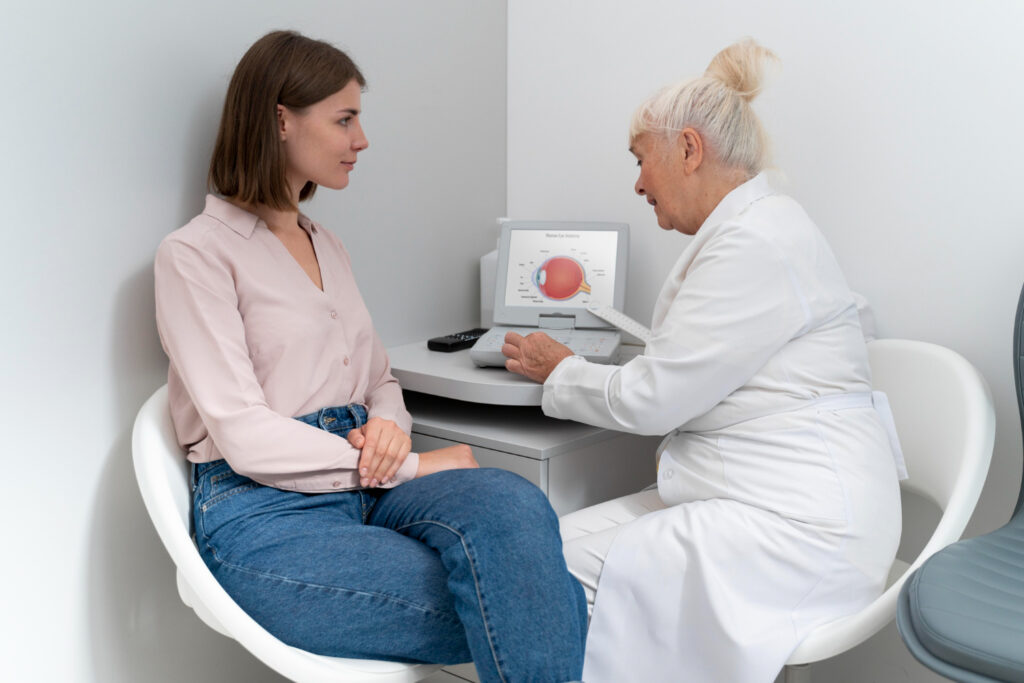Non-hormonal treatments for menopause can provide relief from symptoms without using hormone replacement therapy (HRT). These treatments include lifestyle changes, mind-body approaches, and non-hormonal prescription medications.
Several non-hormonal treatments have been found effective in reducing hot flashes
Cognitive-behavioral therapy, clinical hypnosis, and mindfulness-based stress reduction have been shown to reduce hot flashes.
Paroxetine (Paxil), a selective serotonin reuptake inhibitor (SSRI), is the only non-hormonal medication approved by the FDA for managing hot flashes. Other related antidepressants, such as fluoxetine (Prozac) and venlafaxine (Effexor), have also been shown to be effective. Gabapentin (Neurontin) and clonidine (Catapres) may also help with hot flashes.
Losing weight can help reduce the intensity of hot flashes, especially for women who are overweight or obese.
Soy products, particularly those high in diadzein, may alleviate hot flashes. Diadzein can be converted to equol, which attaches to estrogen receptors to mimic some of estrogen's effects.
Two non-hormonal approaches have been proven effective in relieving vaginal symptoms
Water-based or silicone-based liquids or gels reduce friction during intercourse and provide temporary relief.
These products adhere to or are absorbed by vaginal tissues, providing longer-lasting relief from itching and pain.
If you prefer to manage menopause symptoms without hormones, Solihull Menopause Clinic offers a variety of effective non-hormonal treatments. We understand that not everyone is a candidate for HRT, and some may prefer alternative therapies. Our experts recommend lifestyle modifications, including diet and exercise plans, that are tailored to your individual preferences and health conditions. We also offer alternative therapies that can help manage symptoms such as hot flashes, sleep disturbances, and mood changes. Our personalised approach ensures that you receive the best possible care while respecting your treatment choices.

We offer a range of non-hormonal treatments including lifestyle modifications, dietary advice, and alternative therapies to help manage menopause symptoms.
Yes, many women find non-hormonal treatments effective for managing symptoms like hot flashes, sleep disturbances, and mood changes.
Non-hormonal treatments are suitable for women who prefer not to use hormones or who cannot use HRT due to medical reasons.